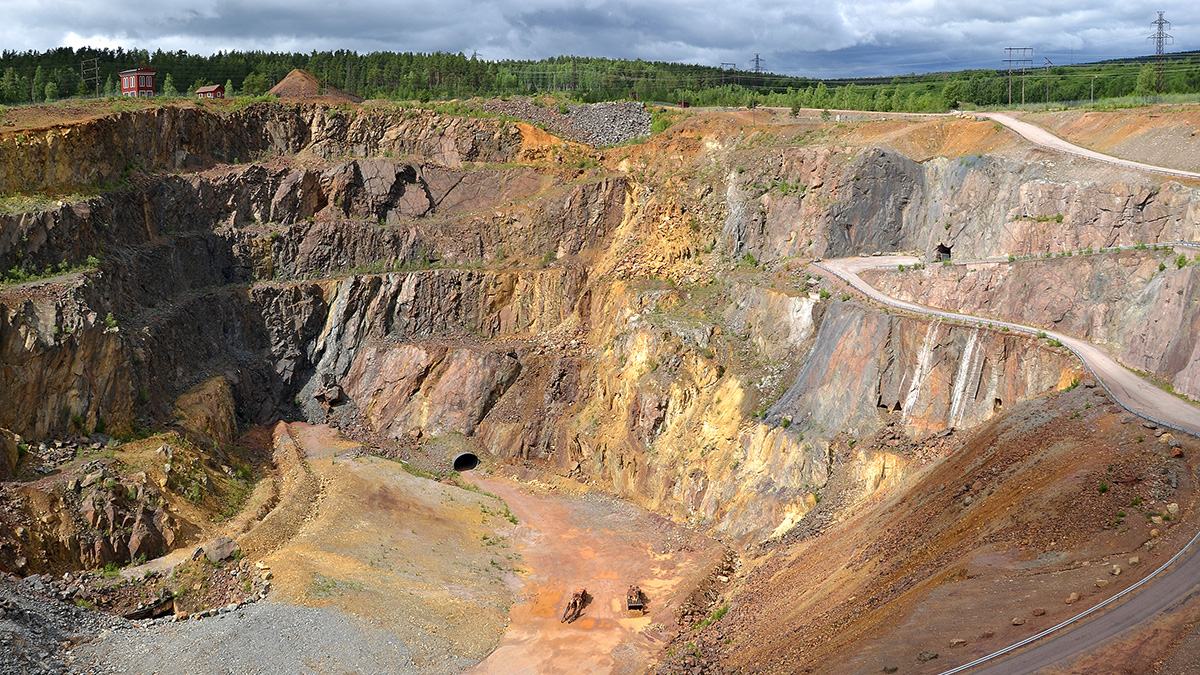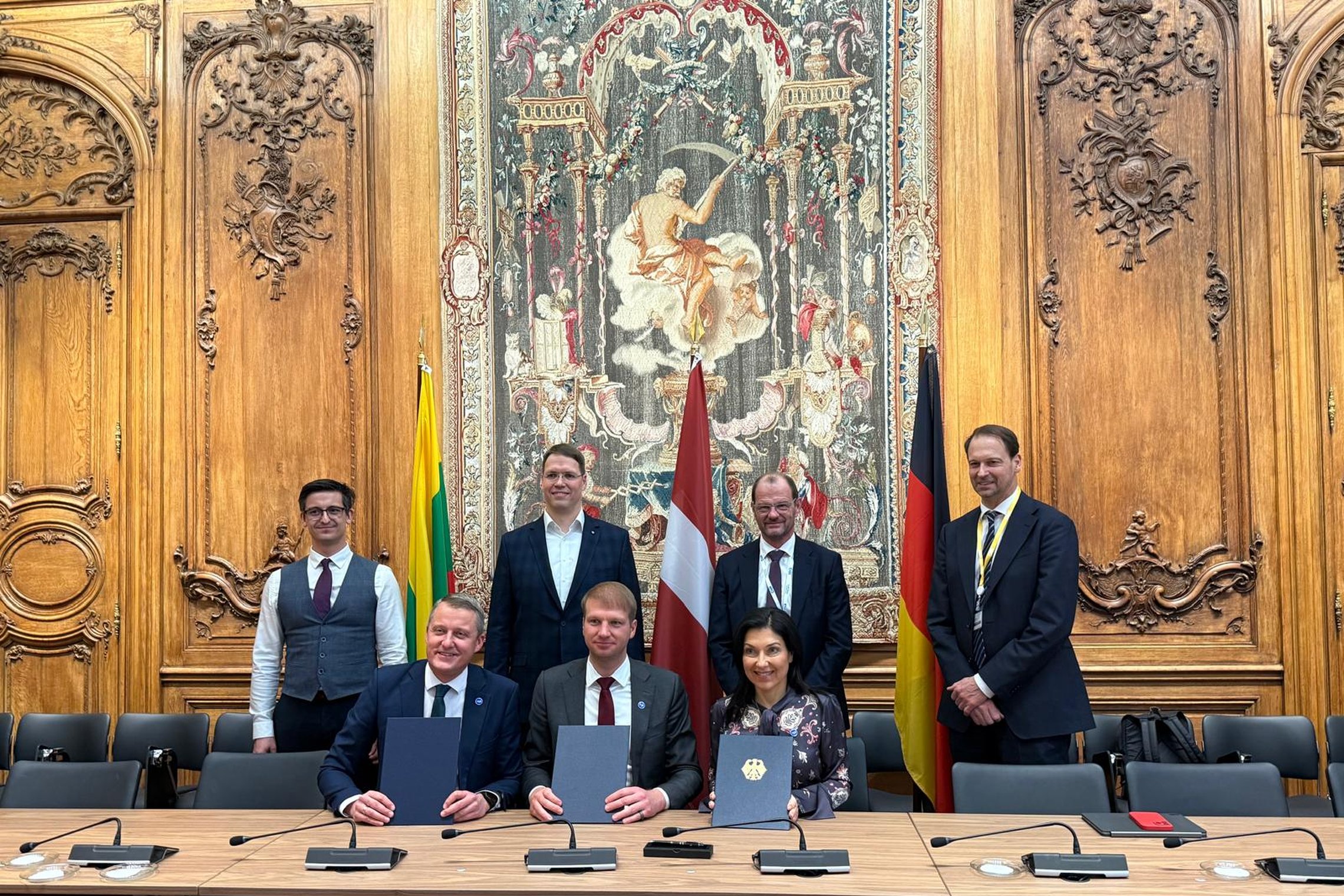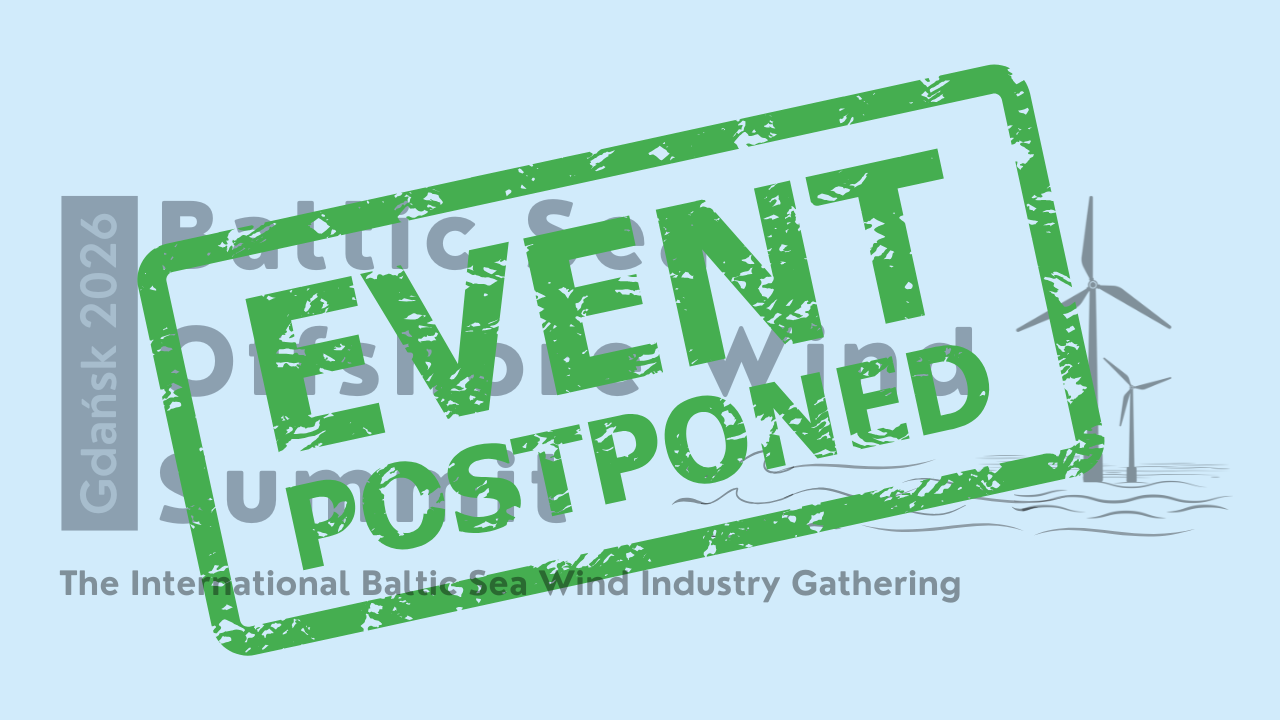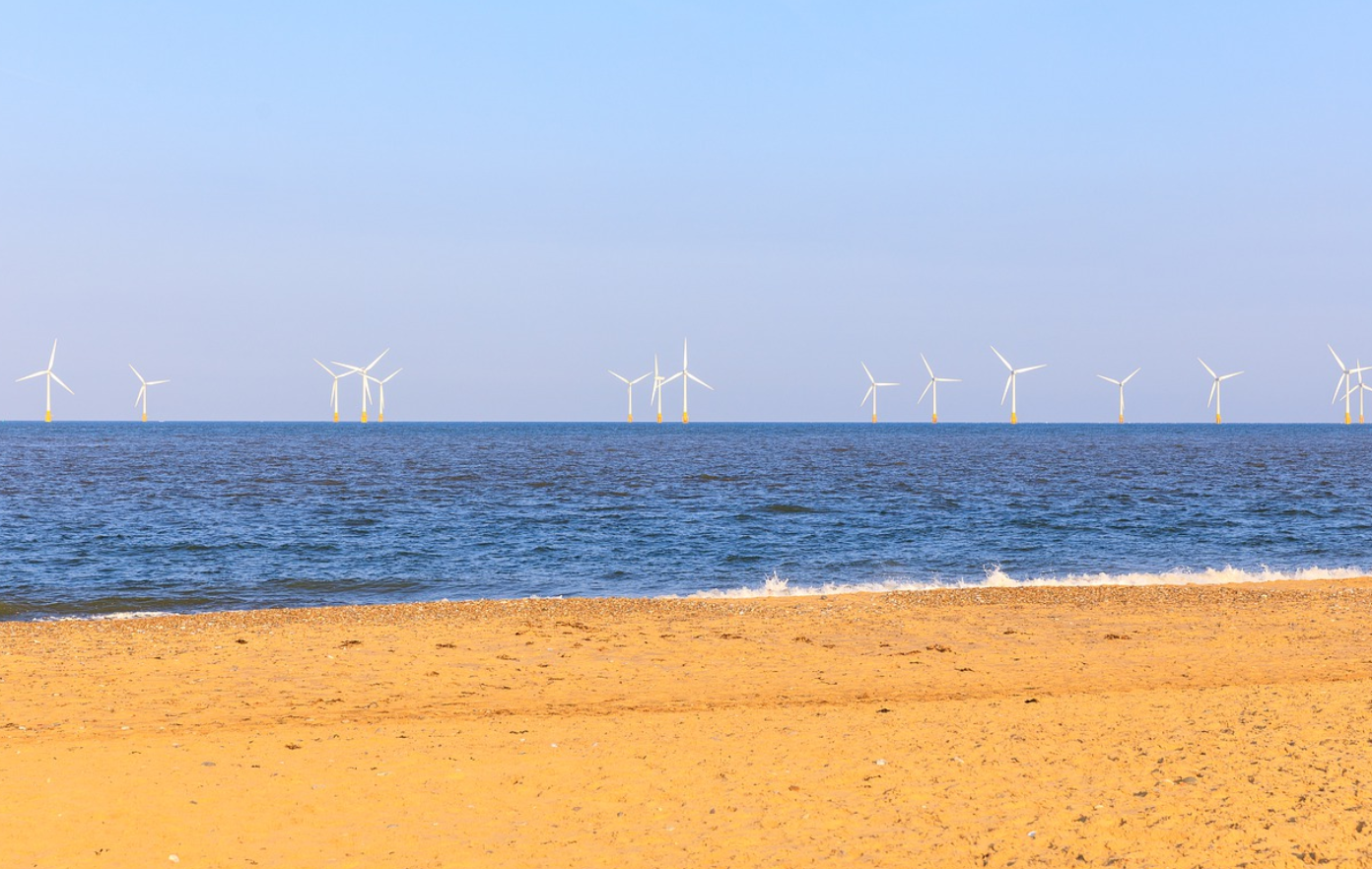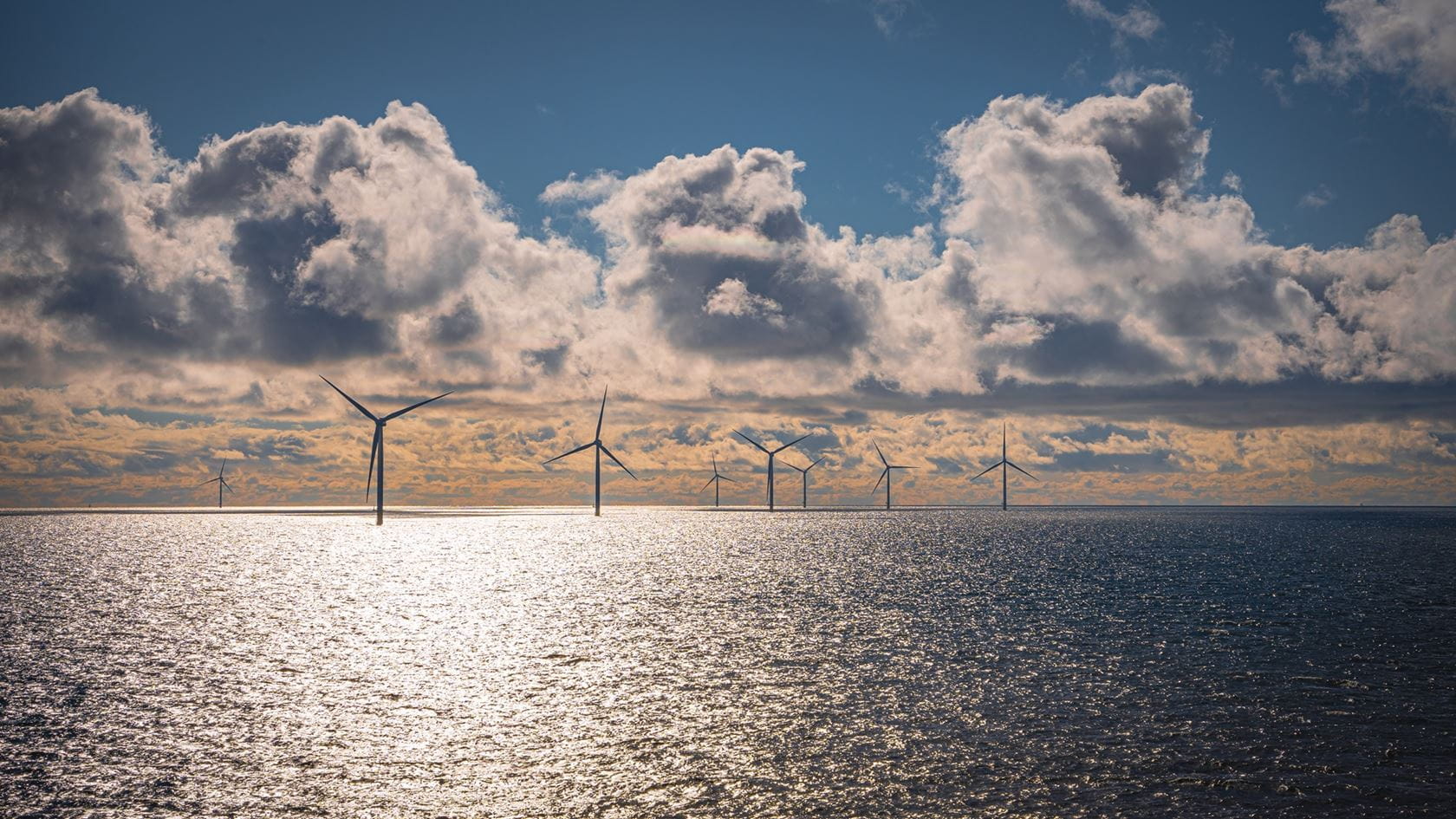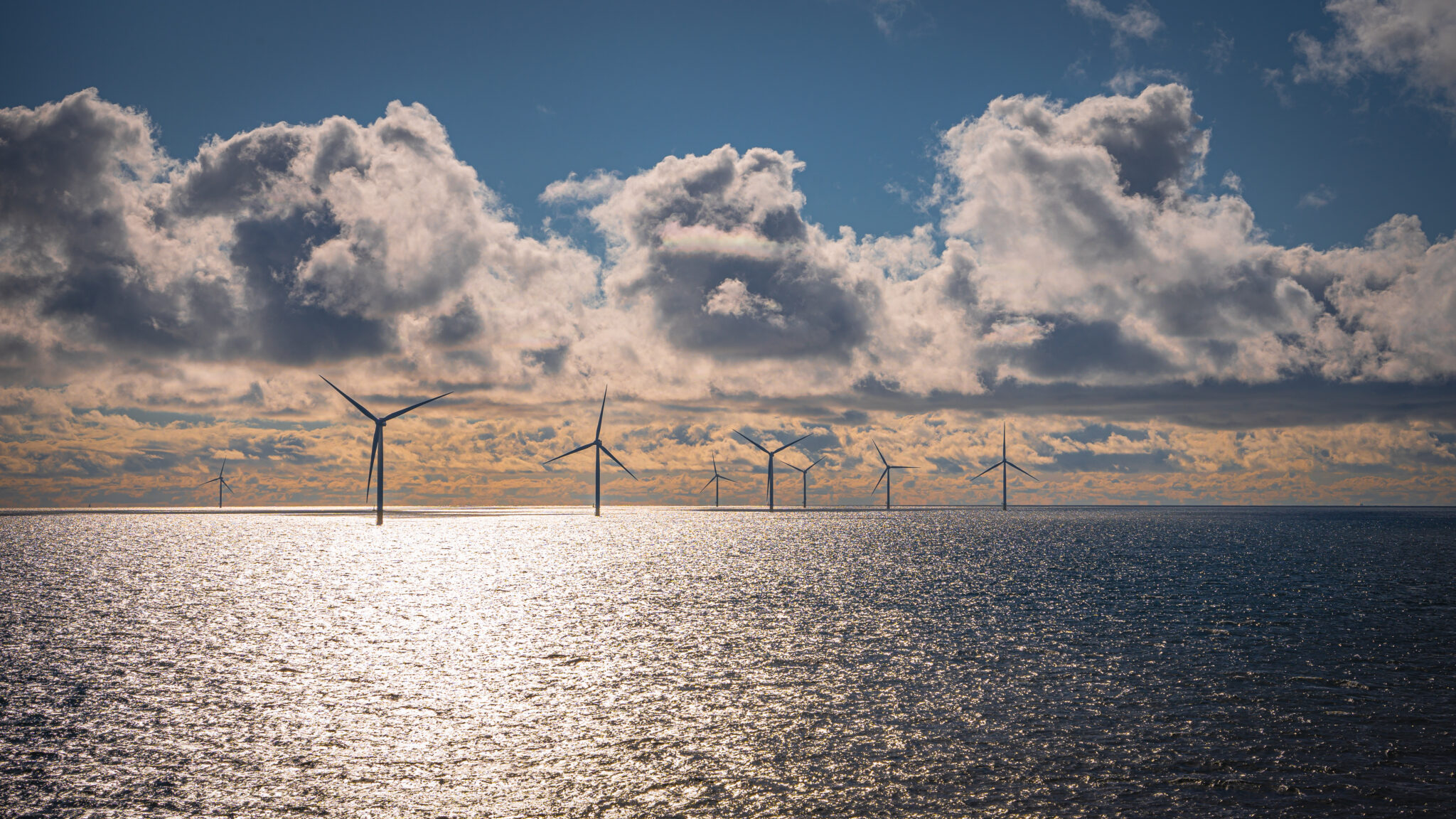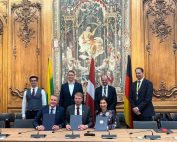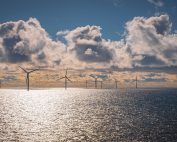Joint press release – The European wind industry and the European steel industry play a key role in enabling Europe’s clean tech economy. The upcoming EU Critical Raw Materials Act must account for the strategic role of this key value chain. It must ensure access to all critical materials for wind and steel, including rare earths, nickel, manganese, copper, aluminium, ferrous scrap, and glass-fibre fabrics. In the long-term the EU must ramp up domestic production and refining capacities for these materials, incentivise their circular use and promote innovative solutions.
The European wind industry and the European steel industry are essential to the competitiveness of Europe’s decarbonised economy. They are the key to direct electrification with renewable electricity, Europe’s nascent clean hydrogen economy and many other clean tech solutions.
Wind energy is set to become Europe’s number one source of electricity, providing as much as 50% of all power consumed in the EU by 2050. Steel is a main component in various applications central to the energy transition, not least in wind turbines.
Wind and steel represent one of the most tangible examples of circularity in decarbonisation: the steel industry needs large amounts of carbon-free electricity generated in particular from wind turbines to produce green steel. The sectors demand for fossil-free electricity will grow to 165TWh per year by 2030, 93TWh of which will be used for hydrogen production.
At the same time steel, iron and cement together account for 90% of the total mass of modern wind turbines. To further reduce its carbon footprint the wind industry aims to transition to green steel, making this value chain completely circular. The demand for green steel will increase sharply: a modern onshore wind turbine contains around 120 tonnes of steel per MW of capacity.
EU Critical Raw Materials Act must strengthen wind and steel sectors
In March the European Union will present its EU Critical Raw Materials Act (CRMA). This is of crucial importance for Europe’s energy security and for the success of Europe’s digital and green transitions. The CRMA must break Europe’s dependency on a handful of exporting countries. Only a level playing field in accessing critical raw materials will ensure the long-term competitiveness of European manufacturing and avoid carbon leakage.
The Russian invasion of Ukraine and the ongoing energy crisis were a painful display of the dangers of over-dependence on a single trade partner. Europe must not repeat this mistake for its critical raw material supplies. Today Europe is too dependent on -third countries, especially from Asia, for the supply of these materials. For example, nearly all the rare earths and core materials for glass fibre come from China, whilst Indonesia – the leading nickel ore producing country – has been putting in place long-standing export restrictions, notably a full ban since January 2020.
Ferrous scrap is also subject to scarcity. Despite its critical importance for a successful decarbonisation of the steel sector and its value chain, scrap is the most exported waste stream from the EU to third countries (59% in 2021, according to Eurostat). Furthermore, most destination countries do not have environmental and social standards equivalent to the European ones. This paradoxical situation risks jeopardising both Europe’s strategic autonomy and its climate goals.
In the short-term the CRMA must ensure access to all critical materials used in wind turbines and steel production: not only raw materials like rare earths, nickel, manganese, copper, and aluminium, but also secondary materials like ferrous scrap and glass and carbon fibres.
In the long-term the EU must ramp up the domestic production and processing capacity of key materials in Europe. This includes public financial support for necessary private investments – for example via the new European Sovereignty Fund or Important Projects of Common European Interest (IPCEI) funding. At the same time the EU must improve the recyclability and circularity of these materials and promote innovative solutions.
Commission President von der Leyen wants to ensure that “the story of the clean-tech economy will be written in Europe”. The European wind and steel industries stand ready to continue this success story – with investments in new production capacities, research, innovation, and circularity. But both sectors are reliant on sufficient, reliable and affordable supply of critical materials.
Giles Dickson, WindEurope CEO, says: “The Critical Raw Materials Act is a crucial opportunity to reduce Europe’s dependency on China – and to step up the supply of the materials Europe needs to boost its energy security. But the Act must cover all the key materials needed in industries delivering the green transition. That means secondary materials such as glass fibre as well as raw materials such as rare earths. If we target only the latter we still remain dependent on China when it comes to wind turbines”.
Axel Eggert, Eurofer Director General, says: “The Critical Raw Materials Act must deliver targeted market measures boosting local, sustainable supply chains and offering incentives to invest at least comparable to the U.S. Inflation Reduction Act. In particular, the EU steel industry needs access to both fossil-free energy such as wind, and key raw materials such as scrap, nickel and manganese to supply green steel to its value chain. In addition, we invite the Commission to formulate a proposal focusing on ‘strategic green transition goods’ like steel and wind in the context of the new Green Deal Industrial Plan, as these are an essential part of the clean tech value chain”.
Source: WindEurope
